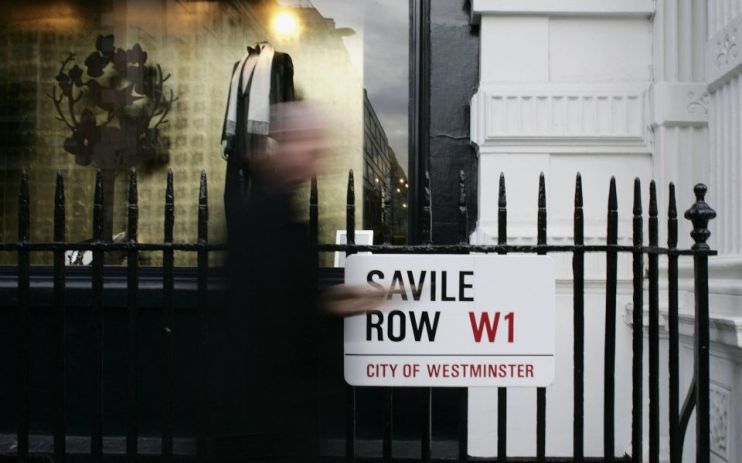Puttin’ on the Ritz: The business of selling luxury

If you are a regular reader of this column, it is a fair bet that you enjoy—or at least have a healthy interest in—what are hoarily known as the finer things in life. I have written about cocktails, tailoring, members’ clubs, cigars, hats and a gallimaufry of luxury-associated subjects, unstinting in my recommendations and preferences.
Some of you may have wondered how it is that some brands elbow their way to the fore while others remain in the background. Some of it is, of course, sheer quality: I try always to bring you the best as well as the brightest, and it is a fundamental rule of marketing and public relations that you cannot make bricks without straw. But some brickmakers are better than others, and, in truth, the highest quality straw tends to go to the best brickmakers.
Luchford has been in the business of luxury for 20 years. Founder Kelly Luchford has made a name for herself as a successful entrepreneur based on insight, hard work and an extremely demanding eye for quality, and boasts a roster of clients which includes the Dorchester Group, LVMH, De Beers and Spink.
The luxury market is fiercely competitive. To promote that which is, essentially, desirable rather than necessary requires a special kind of alchemy, and an eye for opportunity. Luchford thinks she has found it in expanding the ambit of her company to include reputation management and corporate affairs. High-end clients, she reasons, want a premier service not just for their businesses but for their personal profiles and for the projects in which they engage: their passions, whether supporting young creatives or philanthropic activities.
To add that facility to her stable she has reached out to respected communications guru, Peter Murray, who has whispered in ears and gently twisted elbows first for government ministers and then for global corporates. He has now joined Luchford as managing director and COO, with a brief to bridge the divide between luxury and business. And together they see specialisation as the key to future success.
“Communications doesn’t need another large agency—the real value is in specialisation and outstanding execution,” Murray argues. The plan is that his lobbying skills will give Luchford the extra reach to outdo their rivals in the luxury sector. His roots go deep. Dundonian by birth and, in some ways, values, he has spun for politicians, guided a challenger bank to achieve unicorn status and listing on the London Stock Exchange and overseen the biggest merger and acquisition deal of the year.
We live in a corporate and reputational climate in which the private and the public are inextricably intertwined. Customers in the luxury sector want a guarantee not only of quality but of the highest ethical and sustainable values, and as the economy enters stormy seas, only the fittest luxury brands will survive. To justify their high-end status (and prices), they will need to do everything right: they need to create and maintain a market segment, and fill it better than anyone else.
There are no sacred cows in luxury. On Savile Row, the venerable Gieves and Hawkes has gone into administration, while Brooks Brothers has been through bankruptcy; Dolce and Gabbana and Saint Laurent have made catastrophic reputational and marketing errors. Brand loyalty is always an aspiration but its bonds are not indestructible.
What the sector needs in its presentation is a quicksilver mixture of high quality, reliability, a sense of occasion and above all that mystical stamp of authenticity. Storytelling is in an integral part but so too are less glamorous but more businesslike abilities of political and public awareness and rigorous reliability. Brands must, of course, talk the talk but it is incumbent on their advisers that they also walk the walk.
The marriage of inspiration and calculated commerciality is not an easy one to create. There will be unhappy divorces. But those agencies which get it right may just be ahead of the game and able to thrive in difficult times.